Paddlers play a vital role in keeping our waters free of harmful species.
Invasive Non-Native Species (INNS) are plants and animals introduced into an area outside of their natural habitat.
Most come from different continents.
INNS negatively impact our health and the environment by reducing water quality and slowing down the flow of rivers.
They increase the threat of flooding and clog whole waterways.
This prevents people from paddling in their favourite spots.
Paddle UK is working to increase biosecurity, encouraging paddlers to Check, Clean, Dry.
Floating pennywort
Pennywort comes from South America and was introduced as an ornamental plant for garden ponds.
It can grow up to 20 centimetres a day, blocking out light and reducing the oxygen for other plants and animals.
Paddle UK run volunteer groups across the country to tackle the problem.
Killer shrimp
This species, from Eastern Europe, is a predator of our native shrimp and fish eggs.
Killer shrimp can disrupt whole ecosystems through predation and its impact across food chains.
Parasites carried by killer shrimp could reduce fish stocks.
They can be found on clothing and all types of craft.
Zebra mussels
Zebra mussels are found in rivers, canals and lakes and can block pipes and affect lock gates.
They can also smother native species and rapidly take nutrients from the water, altering ecosystems.
Quagga Mussels
These are similar to the zebra mussel, but could be more invasive.
It can significantly reduce native biodiversity, and alter whole freshwater ecosystems.
Both zebra and quagga mussels can attach themselves to kit, paddle boards and kayaks.



 Go Paddling
Go Paddling Clear Access Clear Waters
Clear Access Clear Waters Paddles Up Training
Paddles Up Training Clubhouse
Clubhouse Services Login
Services Login